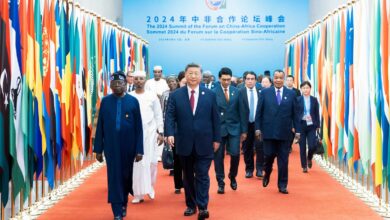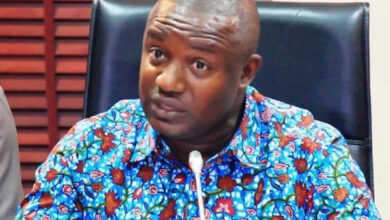
A confidential letter from the office of President John Dramani Mahama requesting parliamentary approval for the appointment of regional ministers
The letter, addressed to the Speaker of Parliament, outlines the President’s nominees for ten regional ministerial positions. This move is part of President Mahama’s broader efforts to restructure his administration and strengthen leadership across the regions after assuming office.
The document, marked for immediate parliamentary consideration, lists the following nominees:
Nominees for Regional Ministers
Region. Names
Northern. Ali Adolf John
Oti. John Kwadwo Gyapong
Volta. James Gunu
Eastern. Mrs Rita Akosua Adjei Awatey
North East. Ibrahim Tia
Ashanti. Dr Frank Amoakohene
Upper East. Akamugri Donatus Atanga
Ahafo. Charity Gardiner
Savanna. Salisu Bi-Awuribe
Great Accra. Linda Ocloo mp
Strategic Role of Regional Ministers
Regional ministers are integral to the implementation of government policies at the local level. These appointments are expected to enhance governance and foster development in the respective regions. Observers have noted that the selected individuals bring diverse expertise and regional representation, which could support the administration’s agenda for decentralization and inclusivity.
Parliamentary Vetting and Approval Process
Under Ghana’s constitutional framework, the Speaker of Parliament plays a key role in the approval process for ministerial appointments. The nominees will undergo a thorough vetting process, including background checks and parliamentary scrutiny, to ensure their suitability for office.
This process aims to maintain transparency and uphold the constitutional mandate of checks and balances in governance.
Implications of the Document Leak
While the appointments are a routine governance measure, the unauthorized release of this confidential letter has raised questions about internal security protocols within the government. Critics argue that such leaks could undermine the administration’s credibility and expose sensitive details of state affairs.
As the country awaits the parliamentary vetting process, the focus remains on whether the new appointees can deliver on their mandates and contribute meaningfully to the government’s development agenda.
Strategic Role of Regional Ministers
Regional ministers are integral to the implementation of government policies at the local level. These appointments are expected to enhance governance and foster development in the respective regions. Observers have noted that the selected individuals bring diverse expertise and regional representation, which could support the administration’s agenda for decentralization and inclusivity.
Parliamentary Vetting and Approval Process
Under Ghana’s constitutional framework, the Speaker of Parliament plays a key role in the approval process for ministerial appointments. The nominees will undergo a thorough vetting process, including background checks and parliamentary scrutiny, to ensure their suitability for office.
This process aims to maintain transparency and uphold the constitutional mandate of checks and balances in governance.
Implications of the Document Leak
While the appointments are a routine governance measure, the unauthorized release of this confidential letter has raised questions about internal security protocols within the government. Critics argue that such leaks could undermine the administration’s credibility and expose sensitive details of state affairs.
As the country awaits the parliamentary vetting process, the focus remains on whether the new appointees can deliver on their mandates and contribute meaningfully to the government’s development agenda.
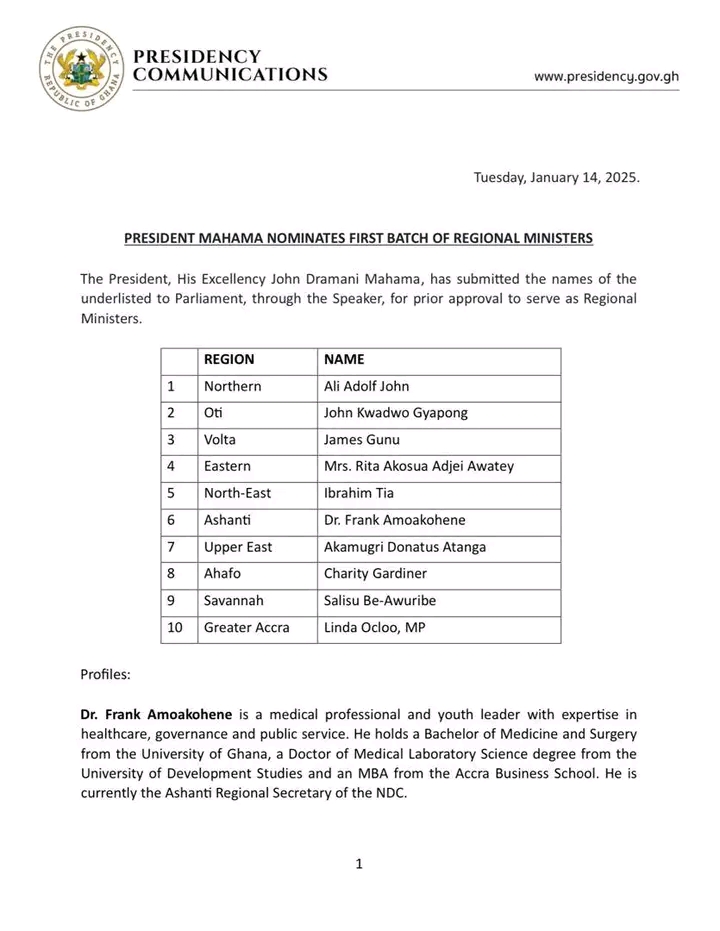
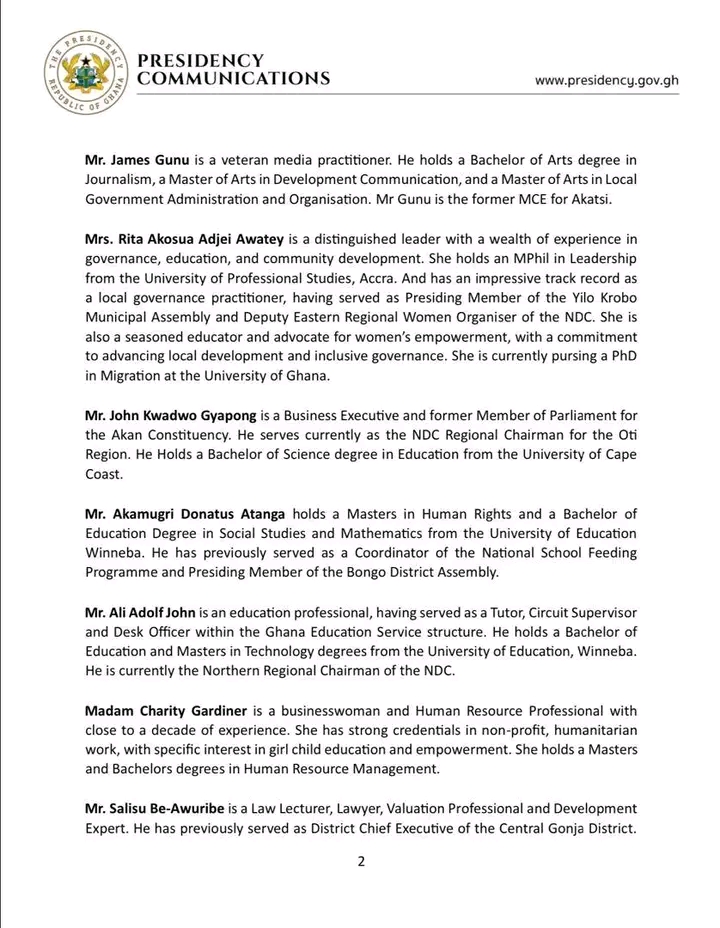
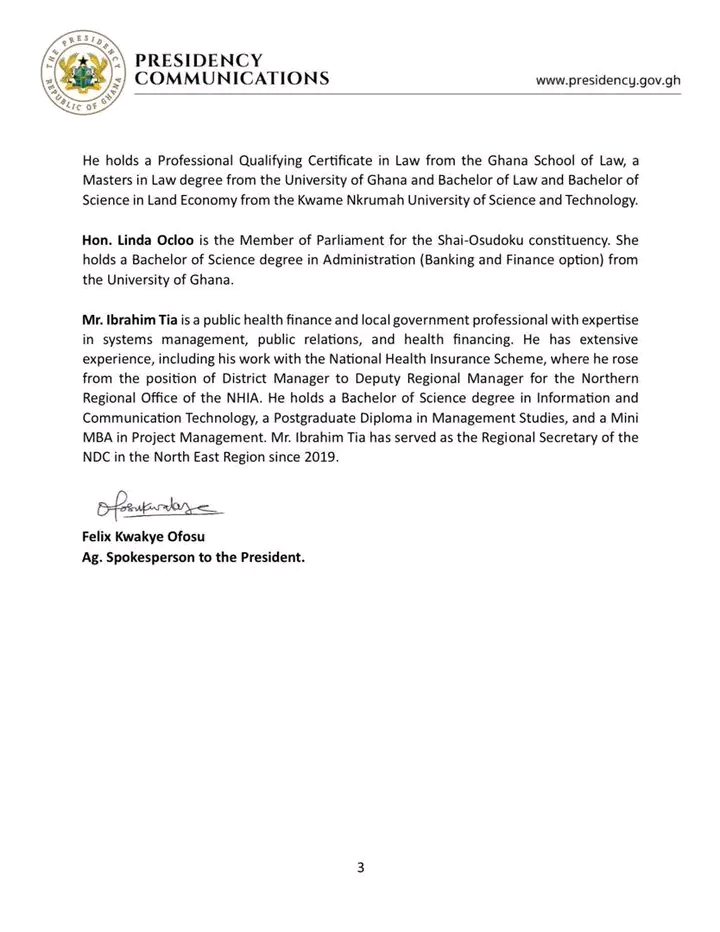
Story by: Mercy Addai Turkson

